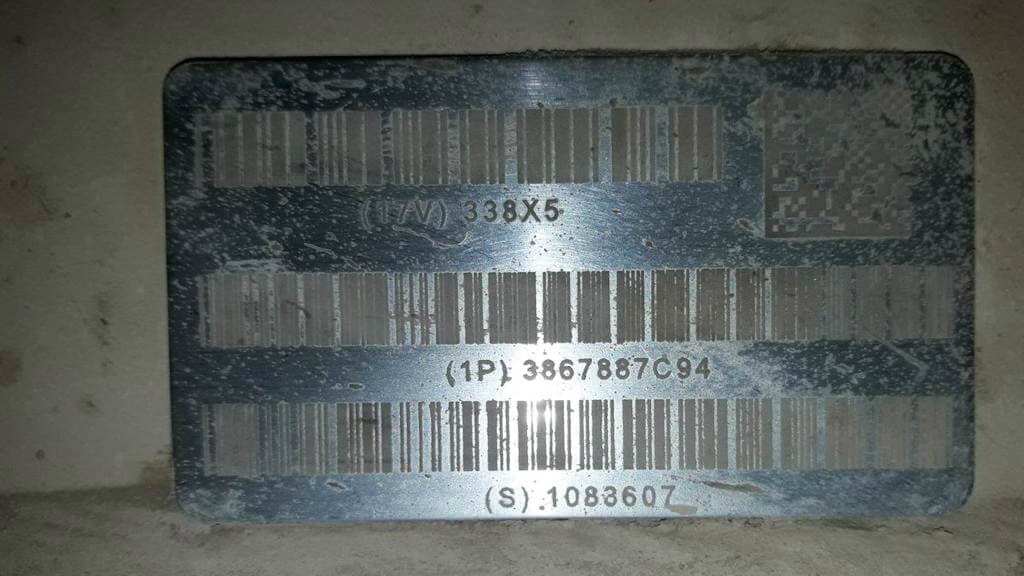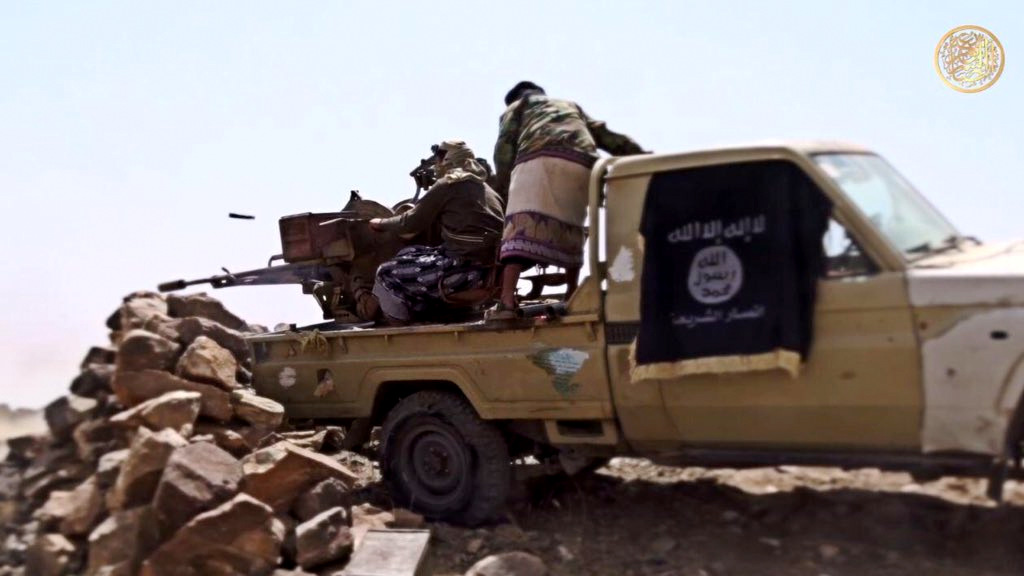The Saudi-led coalition provided US-made weapons to al-Qaeda-linked fighters, Salafi militias and other factions taking part in the intervention in Yemen, in violation with their agreements with the US, according to a CNN investigation.
The weapons have also made their way into the hands of Iranian-backed rebels battling the coalition for control of the country, exposing some of America’s sensitive military technology to Tehran and potentially endangering the lives of US troops in other conflict zones,” CNN reported.
According to the investigation, Saudi Arabia and the UAE used the US-made weapons to buy the loyalties of militias or tribes, bolster chosen armed actors, and influence the complex political landscape.
However, by handing off the military equipment to third parties, the Saudi-led coalition is in breach of its agreements with the US, according to the US Department of Defense.
CNN correspondents went to Yemen’s Taiz, to “shop” at the local weapon shops, asking if they have any US weapons.
In an arms market, CNN asked: “Do you have American guns here?” CNN asked. “The American guns are expensive and sought after,” the weapons trader replied.
One of those militias linked to Al-Qaeda in the Arabian Peninsula (AQAP), the Abu Abbas brigade, possesses US-made Oshkosh armored vehicles, paraded in a 2015 show of force through the city.
Abu Abbas, the founder, was declared a terrorist by the US in 2017, but the group still enjoys support from the Saudi coalition and was absorbed into the coalition-supported 35th Brigade of the Yemeni army.
Oshkosh Defense strictly follows all US laws and regulations relating to export control,” the firm told CNN.”
CNN also reported of an October 2015 airdrop in which military forces loyal to the Saudi-led coalition received American-made TOW anti-tank missiles on the same frontline where AQAP had been known to operate at the time.
Local officials confirmed that the airdrop happened, but CNN’s attempts to conduct further interviews were blocked and the team was intimidated by the local government. A local activist joked that the weapons had probably been sold on.”
Near al-Hodeidah, there appears to be a graveyard of discarded US-made military hardware, which proves that “the Alwiyat al Amalqa — the Giants Brigade, a predominantly Salafi, or ultra-conservative Sunni, militia — is a favored faction.”
Around 6 Mine-Resistant Ambush Protected (MRAP) vehicles sit side by side, with stickers of the Giants Brigade stand there.
One even has the export label on it showing it was sent from Beaumont, Texas to Abu Dhabi, in the UAE, before ending up in the hands of the militia. The serial number of another MRAP reveals it was manufactured by Navistar, the largest provider of armored vehicles for the US military.”
“It’s the vehicle that every crew wants when they’re out in the field,” Navistar’s website says. The firm declined to comment on this report.
Saudi Arabia and the UAE are legally obligated to adhere to the prohibition of providing the weapons to third parties, unless officially permitted to do so.
“The Saudi coalition did not respond to multiple requests for comment. A senior UAE official denied “in no uncertain terms that we are in violation of end-user agreements in any manner.”
The Giants Brigade is a “part of Yemeni forces,” the official told CNN, adding that the group was under the direct supervision of the UAE and, therefore, the equipment was in the “collective possession” of the coalition,” CNN reported.
The US Department of Defense was also specifically asked about the Giants Brigade – the answer was that no permission was given to hand over US-made weapons to other factions in Yemen.
The United States has not authorized the Kingdom of Saudi Arabia or the United Arab Emirates to re-transfer any equipment to parties inside Yemen,” Pentagon spokesman Johnny Michael told CNN. “The US government cannot comment on any pending investigations of claims of end-use violations of defense articles and services transferred to our allies and partners.”
There is further proof that US-made hardware is falling in the hands of militants.
In September 2017, a Houthi-run TV channel broadcast images of Mohammed Ali al-Houthi, the de facto rebel leader, proudly sitting behind the wheel of a captured US-made MRAP in the capital Sanaa, as a crowd chanted “death to America” in the background.”
CNN also has an image showing the serial numbers of a second US-made MRAP in the hands of another senior Houthi official in 2018 in Hodeidah.

The vehicle was part of a $2.5 billion sale to the UAE in 2014. The sale document, seen by CNN, certifies that “a determination has been made that the recipient country can provide the same degree of protection for the sensitive technology” as the United States.”
Furthermore, Iranian intelligence is probing the hardware and getting valuable data out of their efforts.
Iranian intelligence are assessing US military technology very closely,” an anonymous CNN source said in an audio interview done from Sanaa. “Listen, there isn’t a single American weapon that they don’t try to find out its details, what it’s made of, how it works.”
The CNN investigation ends with the conclusion that “the flood of US weaponry is fueling a conflict that has killed tens of thousands — among them, children on school buses and families fleeing violence — and pushed millions more to the brink of famine.”
Furthermore, it reminds that US Congressmen are attempting to pass a resolution to end the Trump administration’s support for the Saudi-led coalition’s intervention in Yemen. They are meeting heavy opposition, however.
Top Photo | A still from a video released from al-Qaeda In The Arabian Peninsula (AQAP) shows AQAP fighters using heavy artillery to battle Houthi rebels in Baydha Province, Yemen.
Source | SouthFront


